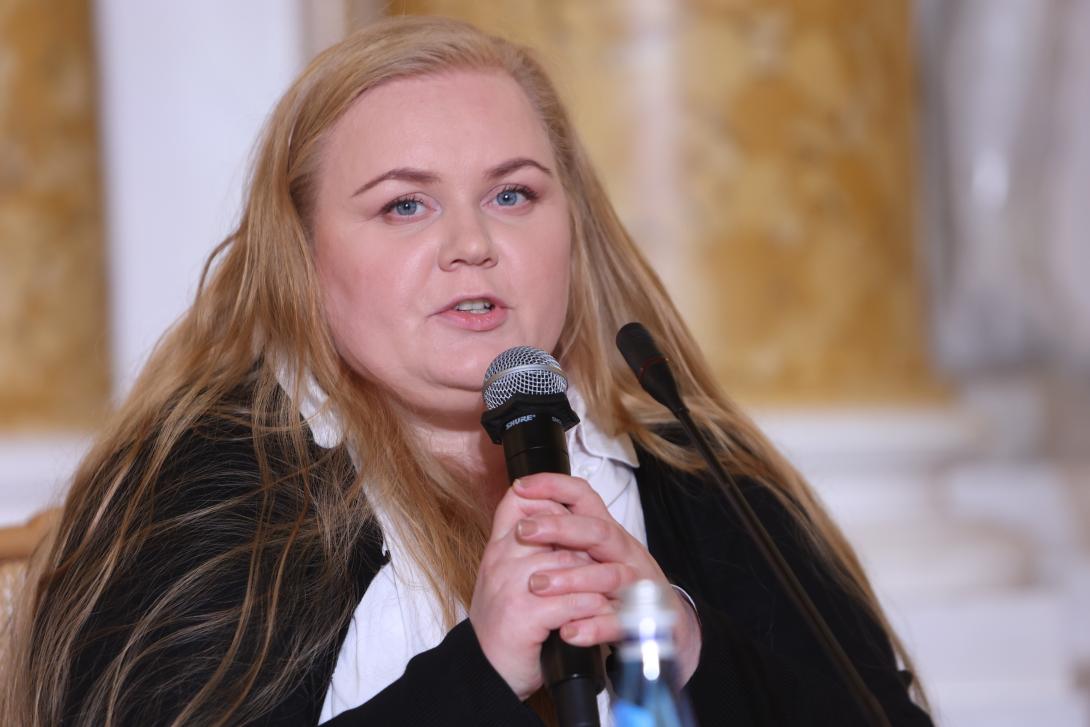
Estonia is one of the countries where Russian disinformation is particularly aggressive. The Kremlin's propaganda is disseminated through social media, especially the Telegram platform. The Estonian regulator hopes that the European Commission, in accordance with the Act on Internet Services (DSA), which will enter into force in February 2024, will qualify Telegram as a large online platform, which will be subject to the obligation to control content.
"Our office currently has no legal basis to counteract disinformation. Of course, like all regulatory bodies in the EU, we have competencies, for example, to combat hate speech or protect minors" – says Helen Rothla.
According to Helen Rothla, chairwoman of the Information Society Department at the Estonian Office for Technical Regulations and Consumer Safety, freedom of speech is one of the greatest values of Western civilization, but it should be approached responsibly. The Estonian representative believes that the European Law on Internet Services, which will enter into force in February 2024, will help in the fight against disinformation.
"We hope that it will also include the most pro-Russian Telegram, one of the most important channels of Kremlin's propaganda," emphasizes Helen Rothla.
The Warsaw Summit against Disinformation takes place on October 4-5, 2023 at the Royal Castle in Warsaw.


